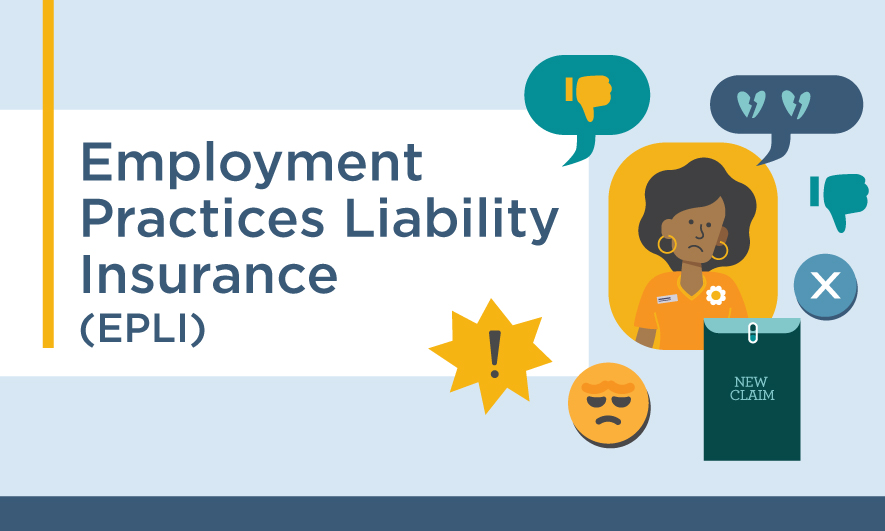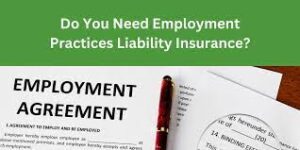Employment Practices Liability Insurance (EPLI) is a type of insurance coverage that protects businesses from claims made by employees alleging discrimination, wrongful termination, harassment, or other employment-related issues. EPLI typically covers legal fees, settlements, and judgments associated with such claims, which can be costly for businesses to defend against or settle.
EPLI policies vary in coverage depending on the insurer and the specific needs of the business. Some policies may also cover claims brought by third parties, such as customers or clients, against the business for employment-related issues.
This type of insurance has become increasingly important for businesses as employment-related litigation has become more common. EPLI can help businesses mitigate financial risks associated with employment-related claims and ensure they have the resources to defend themselves in legal proceedings.To obtain Employment Practices Liability Insurance (EPLI), businesses typically follow these steps:
-
Assess Your Needs: Determine the level of coverage your business requires based on factors such as the number of employees, industry, past employment-related claims, and risk tolerance.
-
Research Insurers: Research insurance providers that offer EPLI coverage. You can start by reaching out to your current business insurance provider or exploring other options online. Look for insurers with experience in providing coverage tailored to your industry and business size.
-
Get Multiple Quotes: Obtain quotes from multiple insurers to compare coverage options and pricing. Provide each insurer with accurate information about your business to ensure you receive accurate quotes.
-
Review Policy Terms: Carefully review the terms and conditions of each EPLI policy to understand what is covered, exclusions, limits, deductibles, and any additional features or endorsements. Pay close attention to coverage for specific types of claims relevant to your business.
-
Customize Coverage: Work with the insurer to customize the policy to meet your business’s specific needs. This may involve adjusting coverage limits, adding endorsements for additional protection, or negotiating terms.
-
Submit Application: Once you’ve selected an insurer and finalized the coverage details, submit an application for EPLI coverage. The insurer may require information about your business’s employment practices, claims history, and risk management procedures.
-
Underwriting Process: The insurer will review your application and underwrite the policy, assessing the risk associated with providing coverage to your business. This may involve additional questions or requests for documentation.
-
Policy Issuance: If your application is approved, the insurer will issue the EPLI policy outlining the coverage details, premium amount, and policy period. Review the policy carefully to ensure it aligns with your expectations.
-
Payment of Premium: Pay the premium for the EPLI coverage according to the terms of the policy. Some insurers may offer payment options such as annual, semi-annual, or quarterly payments.
-
Policy Management: Keep documentation of your EPLI policy in a safe and easily accessible location. Review the policy periodically to ensure it continues to meet your business’s needs and make any necessary adjustments as your business evolves.
By following these steps, businesses can obtain EPLI coverage to protect against employment-related risks and liabilities. Working with an experienced insurance agent or broker can also help navigate the process and ensure you find the right coverage for your business.


